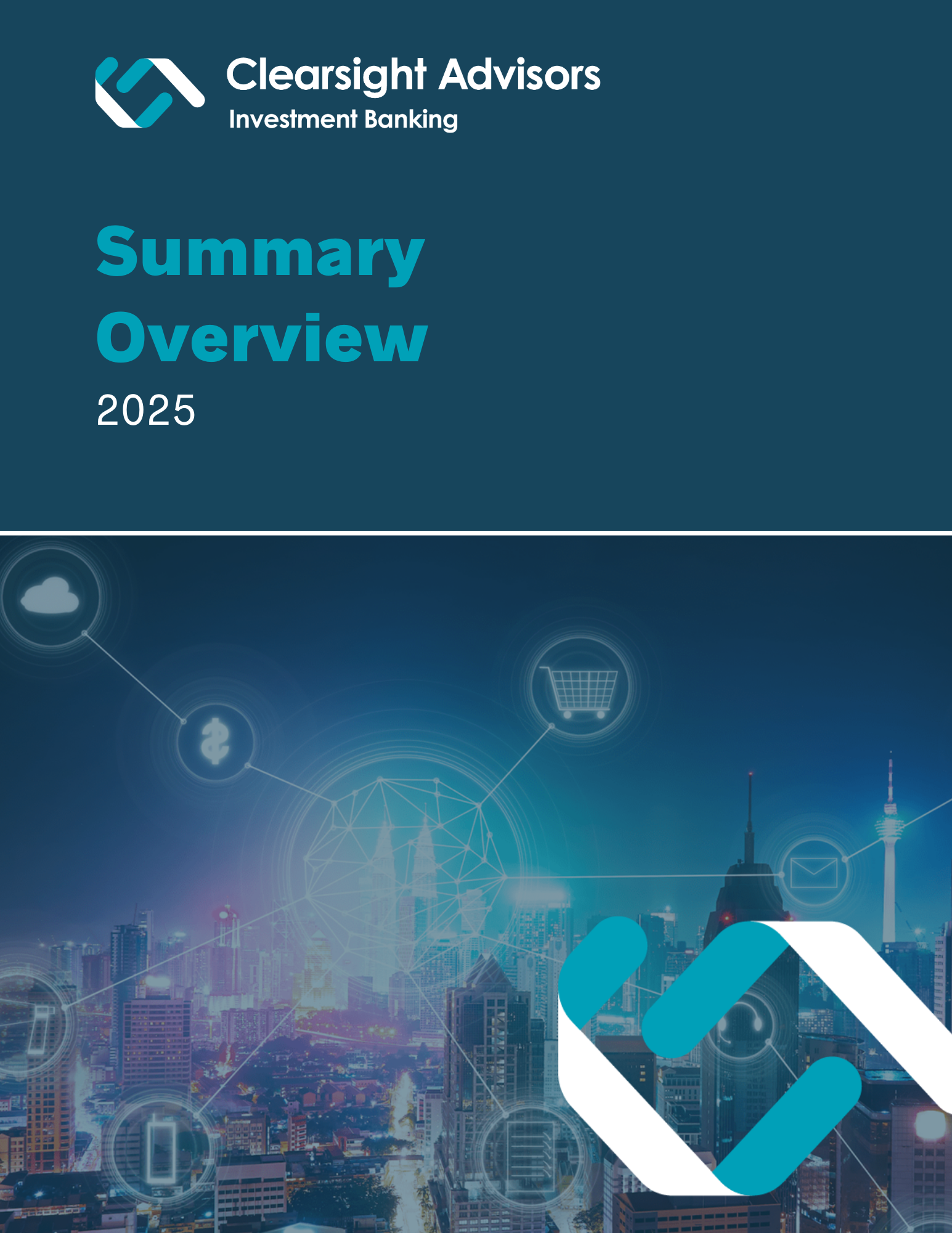AI’s Potential Impact on Software Engineering
The rise of OpenAI’s ChatGPT has captured the world’s attention and drawn tremendous interest to the rapidly progressing world of artificial intelligence (AI). Natural language processing models (NLPs) have advanced so much in recent years that generative AI tools can now pass the bar and US medical licensing exams. Public companies have taken note of these advancements as references to AI in earnings calls have skyrocketed 77% in the last year. These developments have sparked concern and curiosity among Knowledge Economy employees worldwide as they consider how AI may affect their positions.
Software engineering is arguably one of the sectors most ripe for disruption in the wake of AI’s growing popularity. ChatGPT is highly proficient in Python, Java, JavaScript, C++, Ruby, and many other programming languages. It also has a wide variety of coding abilities today, including generating new code and efficient algorithms, formatting data, fixing bugs, writing tests, and optimizing and translating code. In February 2023, Google tested ChatGPT’s coding competency with a series of questions used to interview programmers. The result? OpenAI’s chief competitor determined ChatGPT could be hired as a level 3 engineer with a starting salary of more than $180,000.
A pessimistic thesis suggests AI may well replace software developers. AI’s ability to automatically generate code is rapidly advancing, and will likely continue to improve over time. These systems could reach a level where AI replicates most of what engineers do today, save for a few highly advanced engineers. Nevertheless, some level of human involvement will always be necessary. Creating good software requires creativity and human understanding that AI systems struggle to replicate.
At Clearsight, we believe in a more optimistic thesis: AI may enable software developers to operate more efficiently, unlocking latent demand for engineering services. Supply has long been the primary constraint on the industry – for years there have not been enough software engineers to meet demand. AI may help alleviate this pressure in the short term by allowing engineers to do more with less time. In turn, positive revenue and margin tailwinds could be on the horizon for businesses operating in the space. Improved efficiency will eventually create demand for faster software releases and more AI-enabled software products overall. This robust appetite could match, or potentially outpace, the additional software engineering capacity created by AI.
A new age of software development is coming. While only time will tell how this all shakes out, we are hopeful positive change is on the way at the hands of AI. While businesses remain cautious about how to use AI given privacy concerns, engineers can deploy next-generation tools to write new code, reduce errors, and alleviate the maintenance burden. Those who choose to embrace a new mindset and learn the new skills required in the era of AI are well-positioned to flourish in the future.
Meet the Authors
Managing Director, Clearsight Advisors
Washington, DC
ptran@clearsightadvisors.com

Associate, Clearsight Advisors
Washington, DC
ploria@clearsightadvisors.com
Source 1: Business Insider “AI models like ChatGPT and GPT-4 are acing everything from the bar exam to AP Biology. Here’s a list of difficult exams both AI versions have passed.”
Source 2: Fortune “A.I. is the star of earnings calls as mentions skyrocket 77% with companies saying they’ll use for everything from medicine to cybersecurity”
Source 3: “ChatGPT Passes Google Coding Interview for Level 3 Engineer With $183K Salary”
Share

